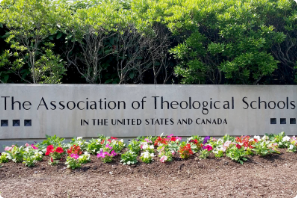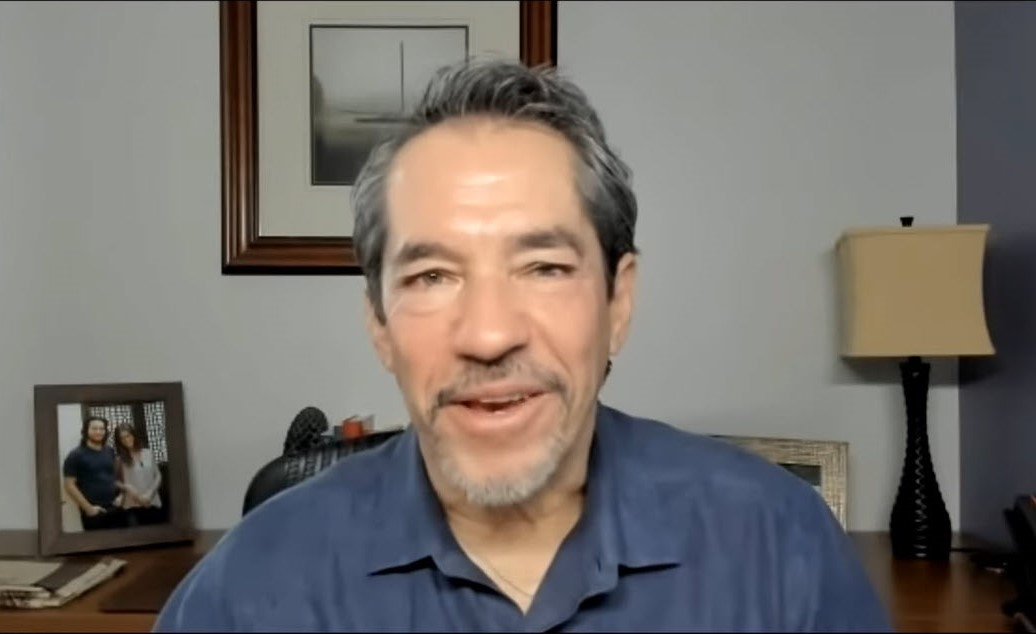-
Who We Are
-
Membership
Member Schools
Search
-
Accreditation
-
Resources
Initiatives
- Capacity Building Initiative
- Committee on Race and Ethnicity
- Economic Challenges Facing Future Ministers
- Educational Models and Practices
- Global Awareness and Engagement
- Organizational and Educational Models
- Pathways for Tomorrow
- Theologies for Pastoral Ministry
- Women in Leadership
PUBLICATIONS
- Events
- Who We Are
- Membership
- Accreditation
- Overview of Accrediting
- Standards of Accreditation
- Policies, Procedures, and Commission Bylaws
- Petitions, Notifications, and Guidelines
- Interim Reports
- Self-Study and Evaluation
- Self-Study Handbook
- Evaluation Visits
- Board of Commissioners
- Commission Committees
- Accreditation FAQs
- Dues and Fees
- ALO/CAO Orientation
- Resource for Presidents with Embedded Schools
- Resources
- Events








